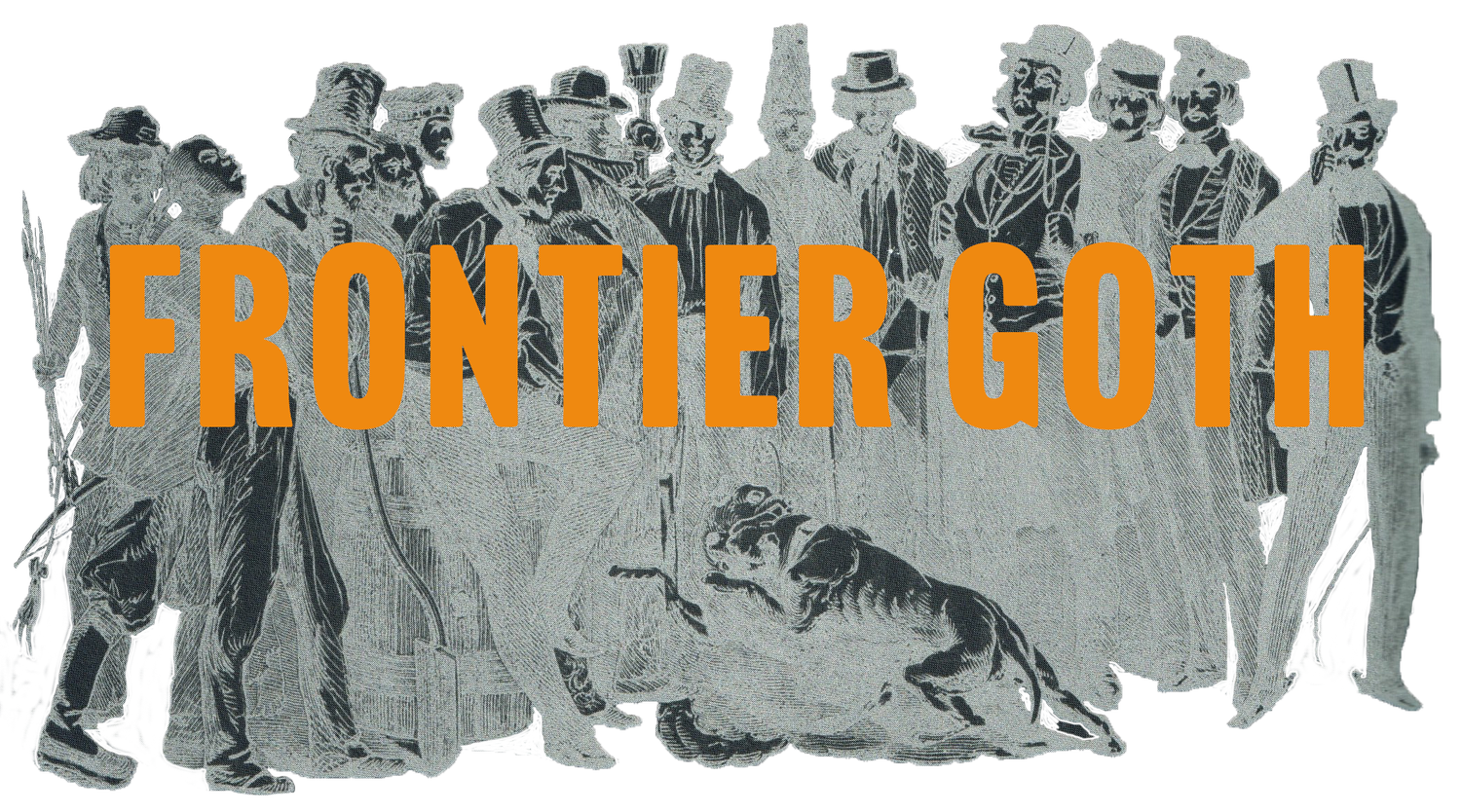Passion is a Fashion by Pat Gilbert
“A lot has been said about the doldrums of the 1970s from which punk erupted. It was an era when there was seeping unease about the nation itself, a deep, indistinct feeling that Britain was ailing. Writers have talked of similar feelings in, say, 1912-13 when the country was rocked by the dual loss of the Titanic and Captain Scott’s expedition to the South Pole, or in 1956 with the Suez Crisis. Musically, it’s quite clear that, post-glam, all the real action was happening on the periphery: in reggae, disco, pub rock even. In wider society, there was an overwhelming sense that, despite the progress of the 1960s, nothing much had changed. Britain was still run by the Second World War generation — Ronald Mellor’s generation. Smoking a joint in public would automatically get you arrested. Immigration was a growing issue and racism deep-rooted and widespread. A TV comedy like Fawlty Towers could still get a laugh from a hospital curtain being pulled back to reveal (cue sniggering) a black doctor.
“Kurt Vonnegut once made the observation that artists were like canaries in a mine, warning of potential danger long before other people had seen it coming. Certainly, punk coincided with the beginning of deeper change in society. Arthur Marwick writes simply and eloquently on the subject in his Culture in Britain Since 1945. He points to the early 1970s as the beginning of the end of post-war ‘consensus’ — a comparatively happy period where most elements of society had worked together for the benefit of the country. The end of consensus paved the way for the ‘inevitable political chaos’ of the Thatcher years that Strummer prophesies in Caroline’s Melody Maker feature. Marwick believes the transformations in the 1970s were in part attributable to the worsening economic conditions in the UK: oil prices rocketing; unemployment passing 2 million in 1975; inflation running at over 20 per cent. A week after the Punk Festival at the 100 Club, the government had to go cap in hand to the International Monetary Fund for a loan of $3.9 billion to bail out the economy. This loan came with conditions: it was to be recouped via reduced spending on social welfare. This sounded like the death knell for the vision of a New Jerusalem, which The Clash’s parents had been promised in the 1950s.”
—Pat Gilbert, 2004



